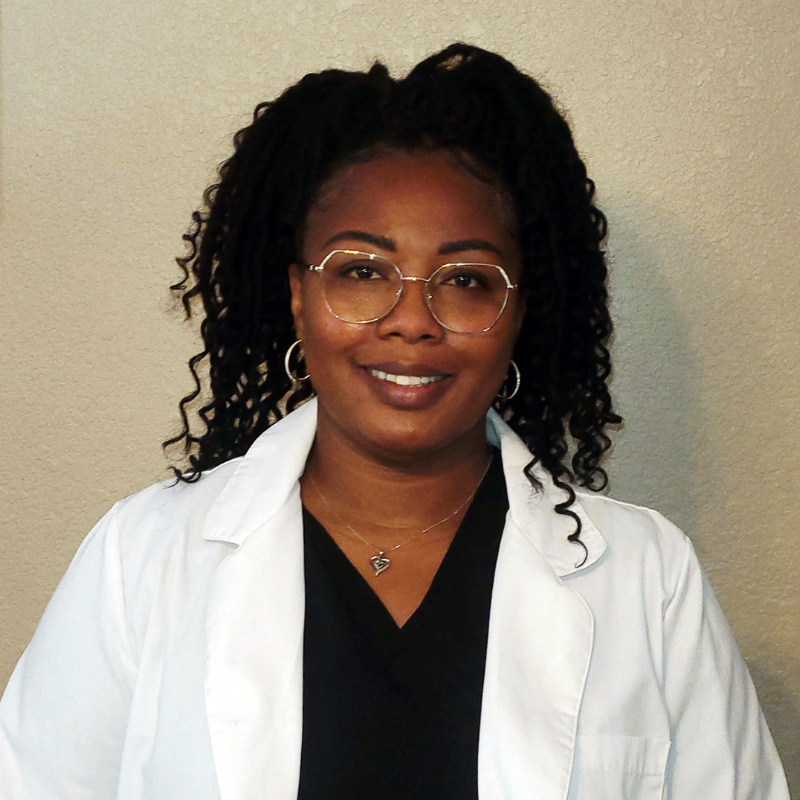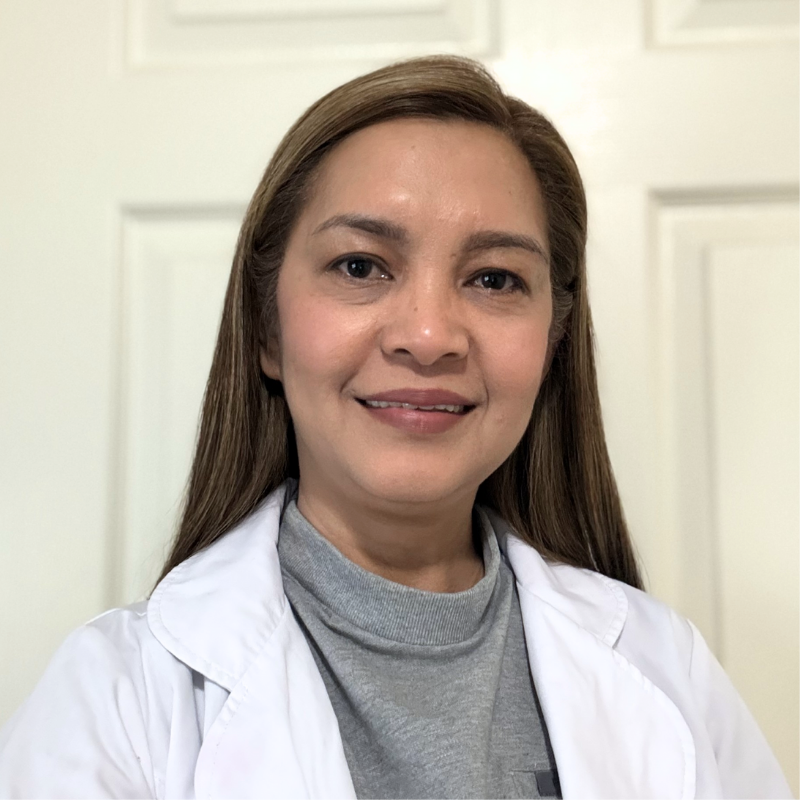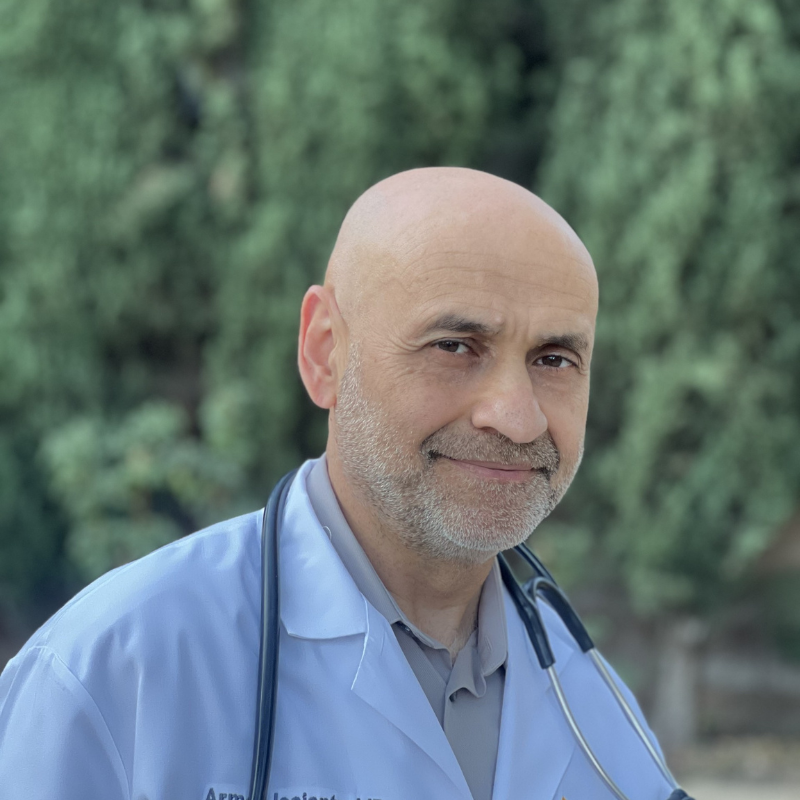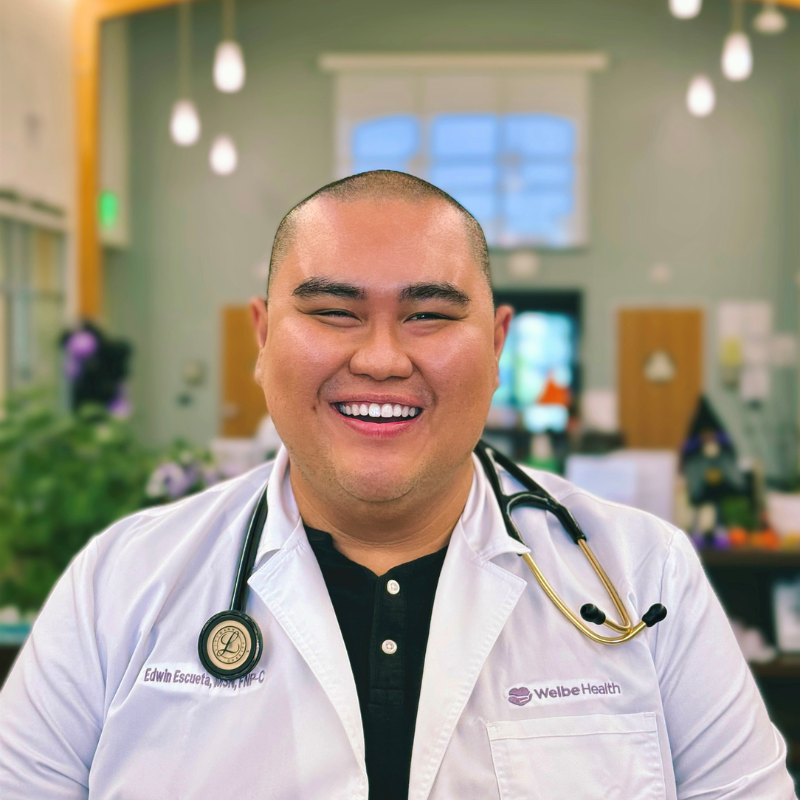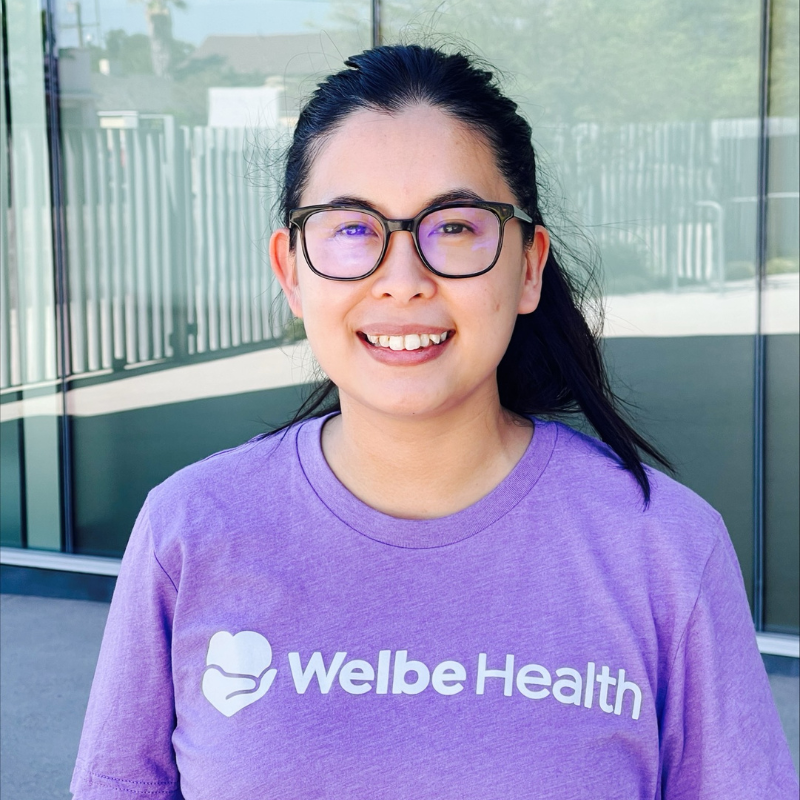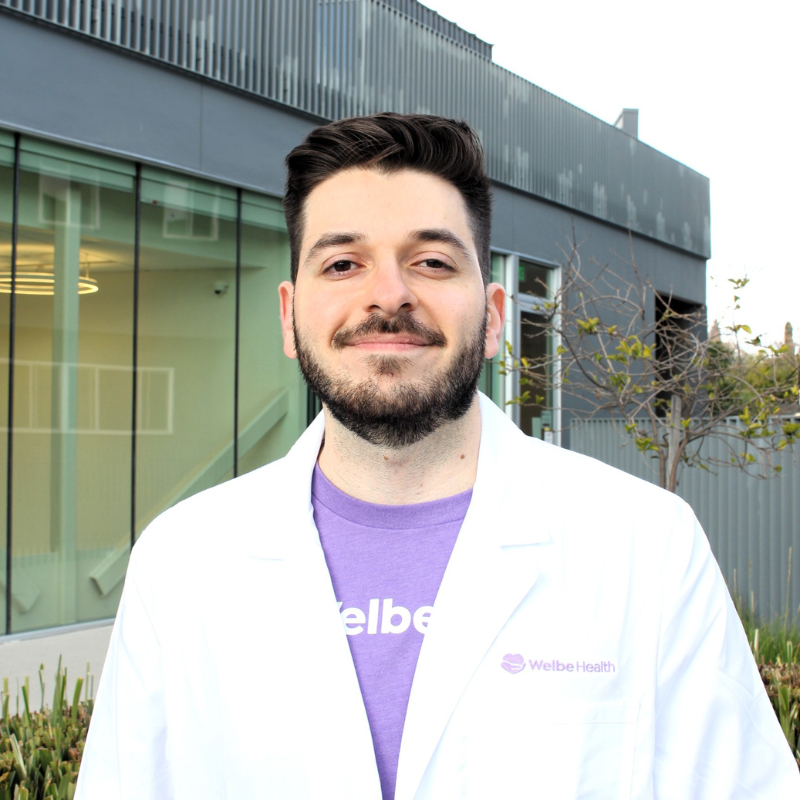Tips to Stay Safe During Heatwaves
Extreme heat can be dangerous, but with the right steps, you can stay safe and comfortable. Heatwaves happen when temperatures stay much higher than normal for several days. Older adults, children, and people with health problems are more at risk. By following these simple tips, you’ll be ready to beat the heat and protect yourself and loved ones.
Why Staying Safe in Heatwaves Is Important
High temperatures can cause serious health problems like dehydration, heat stroke, or exhaustion. Your body works harder to cool itself down, and when it can’t, you may start to feel unwell. It’s important to know the signs of heat-related illnesses, such as dizziness, headache, or feeling tired.
The good news is that you can take steps to safeguard your health during a heatwave. From staying hydrated to keeping your home cool, here’s what you need to know.
1. Stay Hydrated
Drinking enough water is one of the easiest and most effective ways to stay cool and safe during a heatwave. Your body loses water through sweat, and you need to replace it to avoid getting dehydrated.
Tips for Staying Hydrated:
- Drink water regularly, even if you’re not thirsty.
- Avoid sugary drinks, caffeine, and alcohol, as they can dehydrate you.
- Eat water-rich foods like watermelon, cucumber, and oranges.
Keep a reusable water bottle with you, and take sips throughout the day. Staying hydrated keeps your body cool and your energy up.
2. Keep Your Home Cool
Your home should be a refuge from the heat. If you don’t have air conditioning, there are still ways to make your living space more comfortable.
Home Cooling Tips:
- Close curtains or blinds to block out the sun.
- Use fans to circulate air. Place a bowl of ice in front of a fan for extra cooling power.
- Open windows at night when it’s cooler outside.
Spending time in the coolest part of your home, like the basement, can help you stay comfortable during the hottest hours.
3. Wear Suitable Clothing
What you wear can make a big difference in how you feel during a heatwave. Light, breathable fabrics keep your body cool by allowing air to flow around you.
Clothing Advice:
- Choose loose, light-colored clothing made of cotton or linen.
- Wear a wide-brimmed hat to protect your face from direct sunlight.
- Use sunglasses to shield your eyes.
The right clothes can prevent overheating and protect your skin from harmful sun exposure.
4. Avoid Outdoor Activities During Peak Heat
The sun is strongest between 10 a.m. and 4 p.m., making this the riskiest time to be outside. Save outdoor activities for the cooler parts of the day, like early morning or evening.
If You Must Be Outside:
- Rest in the shade often.
- Drink water frequently.
- Use sunscreen with SPF 30 or higher, and reapply every 2 hours.
Limiting outdoor time during peak heat not only keeps you cooler but also decreases your risk of sunburn or heat-related illness.
5. Check on Vulnerable People
Heatwaves can be especially hard on older adults, young children, and those with health problems. Checking in with family, friends, or neighbors can make a big difference.
How to Help Others:
- Make sure they have access to water and a cool space.
- Offer to run errands so they don’t have to go outside in the heat.
- Encourage them to seek medical help if they show signs of heat-related illness.
Looking out for each other during a heatwave creates a safer community for everyone.
6. Recognize the Signs of Heat Illness
Knowing the warning signs of heat-related illnesses can save lives. Take action immediately if you or someone else experiences these symptoms.
Watch for:
- Heavy sweating, weakness, or muscle cramps (signs of heat exhaustion).
- High body temperature, confusion, or fainting (signs of heat stroke).
If someone shows signs of heat stroke, call 911 right away—it’s a medical emergency. While waiting for help, move them to a cool place and apply cold, wet cloths to their body.
7. Use Public Cooling Centers
If your home is too hot, a cooling center can provide relief. Public places like libraries, community centers, or shopping malls often offer air-conditioned spaces during extreme heat.
Finding a Cooling Center:
- Check local government websites or news for cooling center locations.
- Call your local health department for information.
Spending a few hours in a cool space can help prevent heat stress and give your body a break from high temperatures.
Stay Safe and Comfortable
Heatwaves don’t have to be scary if you’re prepared. By drinking enough water, keeping your home cool, and avoiding unnecessary outdoor activities, you can protect yourself and enjoy the summer safely. Remember to check on loved ones and know the signs of heat illness—it could save a life. These small steps make a big difference when facing extreme heat.
Stay cool, stay safe, and take care of yourself and each other!
This blog is for informational purposes only and is not intended as professional advice. Always consult a qualified healthcare provider or specialist for specific questions or concerns.
It’s your life. Live it your way.
WelbeHealth provides full-service healthcare and personalized support to help your loved ones age well at home and in your community. Our Program of All-Inclusive Care for the Elderly (PACE) meets the changing needs of seniors, often at no cost, while helping you navigate life as a caregiver. To see if you qualify, call: (888) 750-0248 | TTY 711 or visit: welbehealth.com/contact



